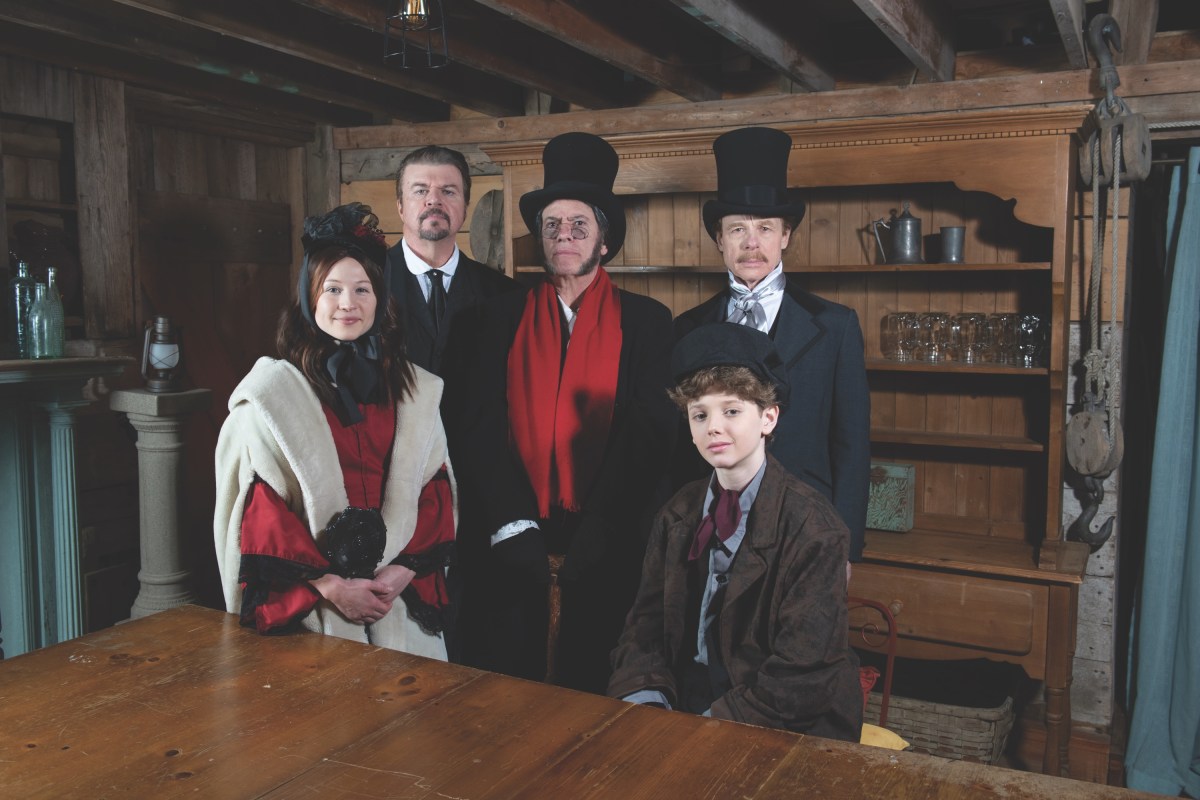While many topics were discussed, as per usual, at the most recent Plainview-Old Bethpage Central School District Board of Education meeting on Monday, Oct. 3, the main focus of the evening was the results of the district’s school climate survey. Developed by the National School Climate Center (NSCC), the survey evaluated the perceptions of district students, teachers and parents in twelve areas, including Rules and Norms, Sense of Social and Emotional Security, and Respect for Diversity.
After much discussion last year, the survey was administered as part of a plan to improve the school climate, in part due to concerns about bullying within the district, and in part due to the need to make changes in accordance with the requirements of DASA (Dignity For All Students Act), enacted by the state legislature in 2010.
Before delving into the survey results, assistant superintendent Arthur Jonas gave a report on the recently concluded summer school program; 52 Plainview-Old Bethpage students took 73 courses, and most met with academic success.
Board member Debbie Bernstein asked if, after adding more aides last year, the summer program was now adequately staffed. Jonas replied in the affirmative. “Based upon our special Ed results, it always could be better …[but] there’s been a constant improvement over the last three years in how they’re doing,” said Jonas in regard to the program.
Board vice president Amy Pierno questioned what the district would do next year when there would be no August Regents. While Jonas stated that they were being optimistic that kids would have the opportunity to take those tests (and thus stay with their classes), Superintendent Gerard W. Dempsey Jr. said that the state commissioner of education had recently told superintendents that maintaining the January and August Regents was a high priority, although he could make no guarantees.
While 140-page, building-level school climate survey results have been shared with principals (and with PTA leadership via the principals), the 33-page, district-wide report is now available for download on the district website, pobschools.org. While there were variations between schools, Dempsey shared the general results of the survey with meeting attendees.
No categories were rated negative overall; due to the lack of negatives, the lowest-scoring categories that were rated neutral are considered areas of need and concern.
The highest-rated area was “Rules and Norms,” which was rated consistently high among all populations: students, staff and parents. Less consistent, but still generally positive was “Sense of Physical Security.” Another area where the district scored well universally was “Respect for Diversity,” or mutual respect for individual differences at all levels; several board members said this was consistent with their observations.
However, “Sense of Social and Emotional Security” was an area of universal need, rated neutral throughout the district; staff tended to rate it more positively than students. The category refers to concerns about verbal abuse, teasing, and exclusion. Physical Surroundings, or cleanliness and appeal of facilities and supplies, was another area of concern.
Parent participation in the survey was approximately 30 percent in six out of eight buildings, and in the teens for the remaining two buildings. Board member Ginger Lieberman pointed out that happy parents were less likely to fill out the survey, meaning that higher parent participation levels would have provided more accurate results.
According to the NSCC’s summary at the conclusion of the report, the district’s overall ratings are positive, and the district has many strengths to leverage as it attempts to improve school climate. Dempsey said that these results would be discussed both with the district’s DASA committee, and Dr. Jonathan Cohen of the National School Climate Center.
After Dempsey’s summary, board members discussed how to use this data going forward, and how else to best assess school climate. “There are some specific action steps we’ve got to take, not the least of which is making sure that every adult in our buildings is trained about some of these social and emotional security issues,” said Dempsey.
Pierno noted her concern that the survey did not provide a complete picture of the elementary school students, since only fourth-graders participated. “I’d really like to know, starting early, how these kids feel,” said Pierno. Dempsey said the district could look into an age-appropriate survey.
Lieberman, a nationally recognized anti-bullying expert, also noted that she disagreed with the inclusion of teasing as a negative activity in the Sense of Social and Emotional Security category. “Teasing is a normal part of life,” she said.
During public participation, Laura Fox, president of the Old Bethpage Elementary School PTA, spoke to the board on behalf of the PTA. Fox shared news on upcoming PTA-sponsored events including a multimedia presentation on the ‘60s at Mattlin Middle School, the creation of a parent team to restore the Stratford Road Greenhouse.
Cheryl Dender of PTA council raised a question about exclusion, asking if middle school students were still being broken up into groups, which allows students to exclude others. Dempsey said the question bore looking into, but he would need to speak to principals before he could answer.
A pair of concerned parents asked why certain electives couldn’t be given during the extra periods so children who attended special services in middle school would have the opportunity to attend them. Dempsey said they hadn’t considered changing what periods classes were given from a policy perspective in some time, but it was something the board could discuss.
The parents also asked why their child was no longer allowed to write in a vocabulary workbook without purchasing the book; assistant superintendent Jill Gierasch said that the district tried to reuse books whenever possible to keep costs down. When the parents insisted that they thought children should be allowed to write in their workbooks as they had in the past, Bettan said that revising the policy on workbook usage would be considered during budget time.
In other news, the board voted to adopt their annual board goals, and appointed board member Angel Cepeda a voting and alternate delegate for the 2011 NYSSBA Annual meeting.
The next meeting of the board of education will take place on Monday, Oct. 17 at Mattlin Middle School; it will be a workshop meeting, focusing on the topic of academic standards. There will be no public participation at this workshop, but residents are encouraged to provide feedback at the following board meeting on Monday, Oct. 31. For more information about NSCC, visit schoolclimate.org.






























